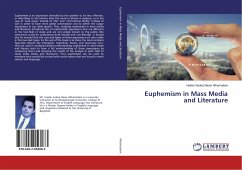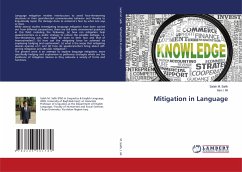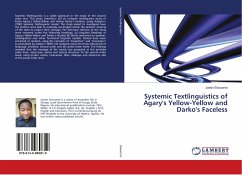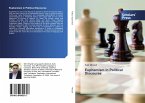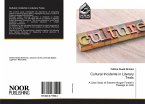Euphemism is an expression intended by the speaker to be less offensive, or disturbing to the listener than the word or phrase it replaces, as in the case of "pass away" instead of "die" and "correctional facility" instead of "jail" in order to have more polite conversation and to soften the vulgar expressions in our daily speech. Thus, studying euphemism in mass media and literature introduces lots of euphemistic expressions that are different in the two-field of study and are not widely known to the public (the utterances could be understood both literally and non-literally). It should also be noticed that the uses and types of these expressions are also unlike in the two-text types. So the aim of the book is to show the most common figurative devices like (metaphor, hyperbole, litotes, and synonymy, etc.) that are used in studying besides understanding euphemism in mass media and literary texts to have a full understanding of these expressions by comparing them and showing theresults of the analysis in each field of study (mass media and literature). Thus euphemism can be used by everyone who would like to deal with social taboos that are found in every culture and language.
Bitte wählen Sie Ihr Anliegen aus.
Rechnungen
Retourenschein anfordern
Bestellstatus
Storno

